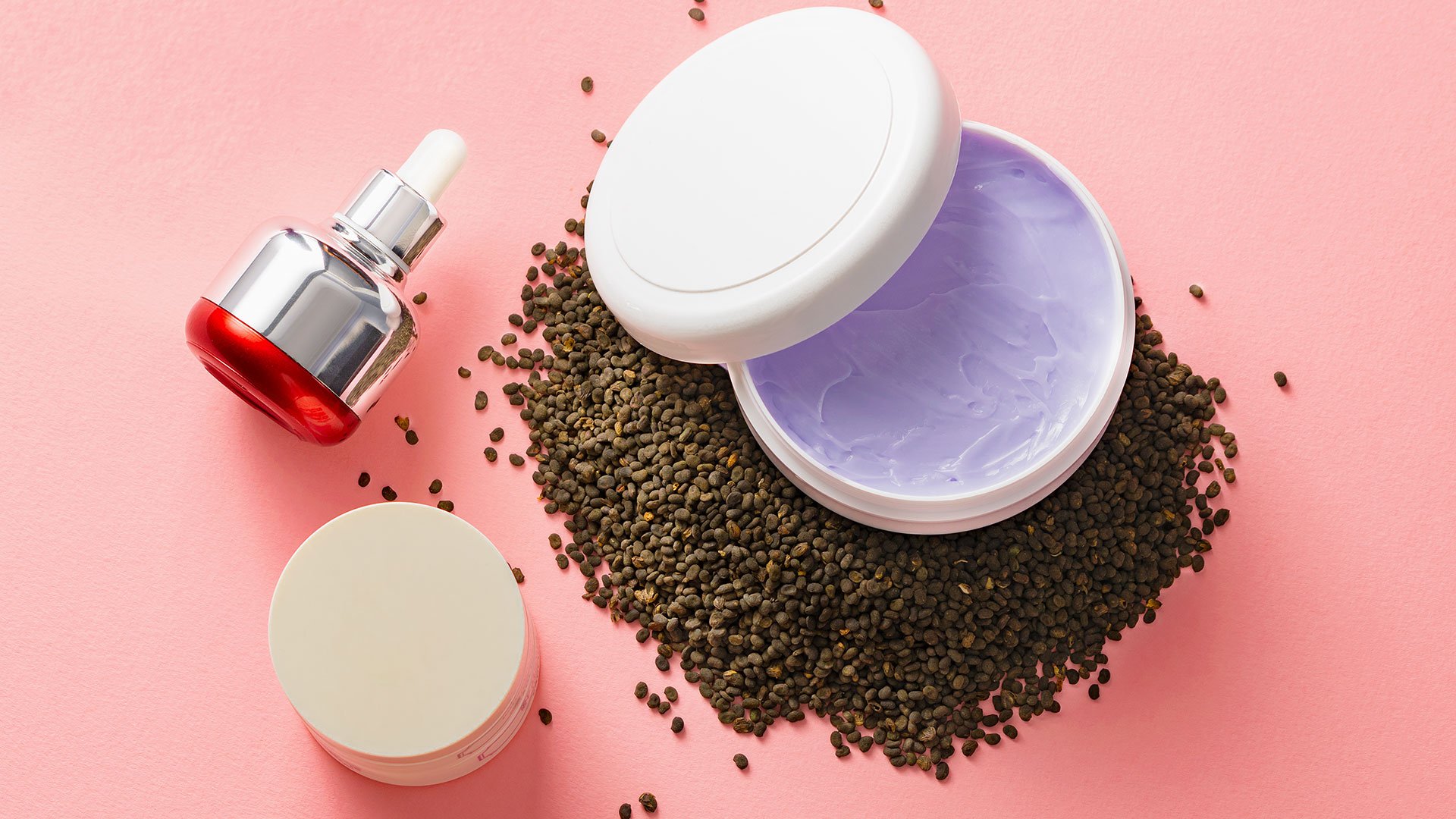

Retinol vs Bakuchiol in Skincare Products: What's the Difference…

Q&A with Organizational Pro Peter Walsh + Dermatologist Shares A…

Actor Hank Azaria + Freezer Meals + Artichokes 2 Ways with Rach

See Inside Barbara Corcoran's Stunning NY Apartment + It's Steak…

How to Make Chicken and Lobster Piccata | Richard Blais

Donnie Wahlberg Spills Details About NKOTB's First Ever Conventi…

Donnie Wahlberg + Jenny McCarthy Say Rach Is Such a "Joy" + Look…

The Best Moments From 17 Seasons of the Show Will Make You Laugh…

How to Make Crabby Carbonara | Rachael Ray

Rach Chats "Firsts" In Flashback From Our First Episode Ever In …

How to Make Apple-Cider Braised Pork Chop Sandwiches with Onion …

Rach's Chef Pals Say Goodbye to Show in Surprise Video Message

How to Make Sesame Cookies | Buddy Valastro

How to Make Tortilla with Potatoes, Piquillo Peppers and Mancheg…

How to Make Shrimp Burgers | Jacques Pepin

How to Make Spanakopipasta | Rachael Ray

Andrew McCarthy Chokes Up Discussing Emotional Trip to Spain wit…

Celebrity Guests Send Farewell Messages After 17 Seasons of the …

Celebrity Guests Send Farewell Messages After 17 Seasons of the …

Andrew McCarthy Teases Upcoming "Brat Pack" Reunion Special

Michelle Obama Toasts Rach's 17 Years on the Air With a Heartfel…
"We've all heard of retinol and retinoids — those are kind of the gold standard for anti-aging," says NYC dermatologist Dr. Michelle Henry. They're also often found in products used to treat acne. Dr. Michelle explains that retinol products take a little bit of time to work, so you won't see improvements right away. "It's upregulating genes that help to improve your skin turnover, so it helps to get all of those good benefits," she says. "The first two weeks you'll get a little dry, you'll get some shedding of those dead skin cells, but you'll start to see your initial results at about four to eight weeks."
But what about bakuchiol, a newer ingredient you may have started seeing on skincare labels?
"It's plant-based, so a lot of people are calling it 'the green retinoid,'" Dr. Michelle says. "It's made from the seeds and leaves of the psoralea corylifolia plant."
Structurally, bakuchiol doesn't look like a retinol, but the molecule is "what we call a functional analog, so it acts like a retinol although it doesn't look like it," the dermatologist explains. "You're going to get all those benefits, but what's key is without the irritation [retinol can cause]."
Dr. Michelle says she recommends products that contain bakuchiol to her patients who love natural skincare and want to reduce the chemicals in their skincare—"which is critical," she adds.


